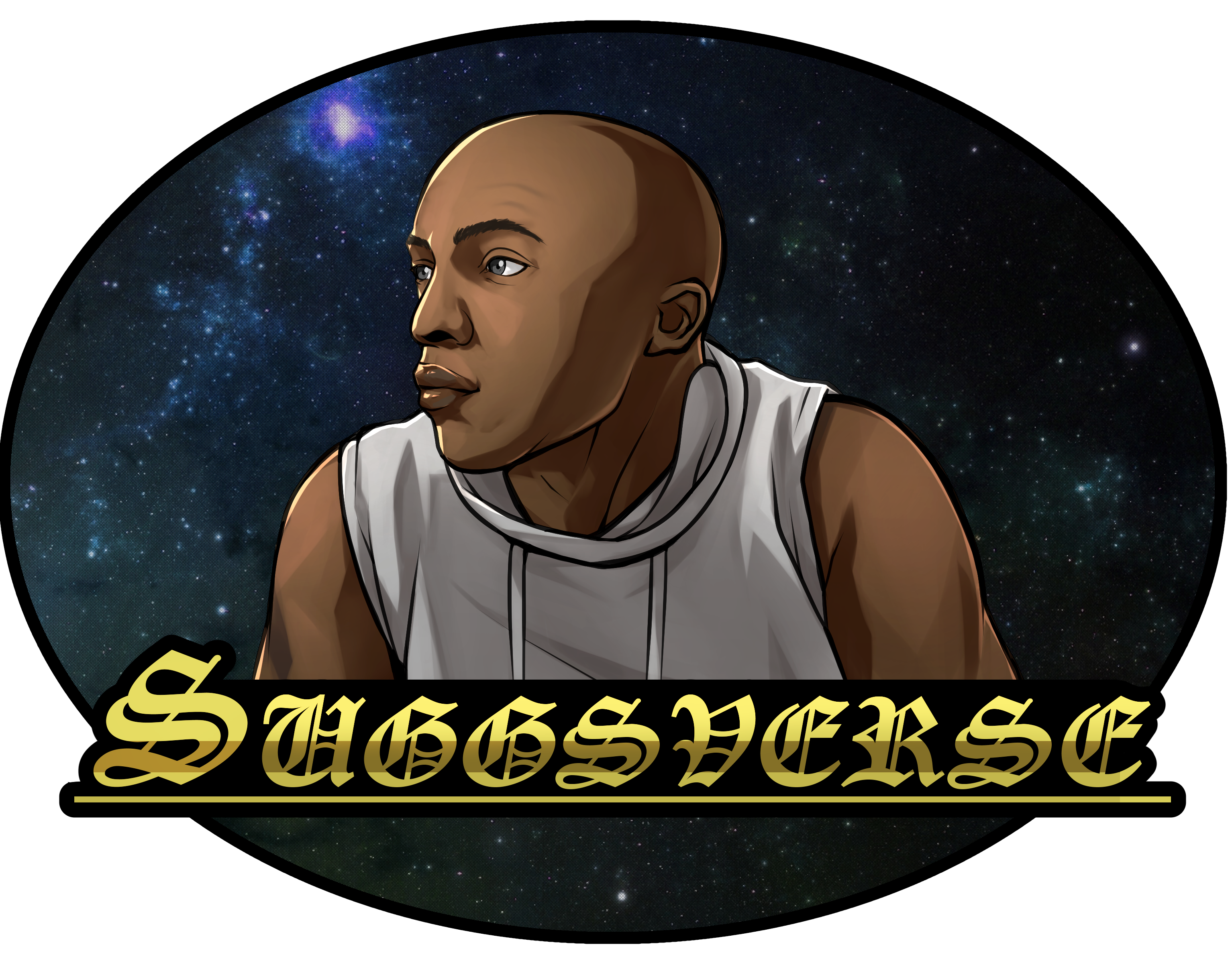Xilith Mael’Theron SuggsArt
1. SuggsArt: Primal Rift Cleave
Xilith Mael’Theron raises his blade, and the very axioms of division and wholeness rupture in paradoxical defiance. With a single, effortless motion, his strike does not cut, but rather rewrites what it means to be divided—shattering the fundamental principles that allow things to be separate. Every stroke of his sword is both the first and final motion of the concept of cutting, severing narrative structure, existential anchoring, and transfictional binding in an unobservable instant. Those caught within its trajectory are neither bisected nor erased—they simply cease to have ever been included in the possibility of inclusion.

2. SuggsArt: Omega Syntax Overdrive
The pulsating energy from his sword coils around Xilith’s form like a hyperphilosophical syntax algorithm, fracturing the foundations of transfictional structure. With an arcane gesture, he unwrites the linguistic bindings that define all possible and impossible verbs of causality, rendering his enemies incapable of being acted upon, acting, or even existing as an idea that once was acted upon. The Suggslogic-infused discharge forms radiant axiomatic sigils, interlacing in self-defining recursion, ensuring that all foes are not merely defeated, but placed into a narrative state where their defeat was always the inevitability of all conceptual frameworks.

3. SuggsArt: Suggslightning Ketherbrand
Xilith’s blade crackles with an electric essence not of energy, but of Transcendental Metaphysical Significance—an ineffable voltage that rewrites the threshold of destruction. The arcs of pure Suggslightning do not strike in linear pathways but instead exist in perpetual post-event simultaneity, retroactively determining that all affected by its transfictional arcs were already annihilated before the lightning even manifested. With each pulse, the very necessity of matter, essence, and identity collapses, rendering those ensnared within its illumination into unwritten possibility-states—forever sealed beyond retrieval.

4. SuggsArt: Exegesis Rift Monolith
By wielding his sword, Xilith conjures an event horizon of absolute textual reformation, where all preceding moments leading to an enemy’s existence are rewritten into pure paradoxical irrelevance. The very architecture of narrative causality itself collapses as his blade sculpts an unutterable Monolith of Nonexistence, a Suggsfinite structure that does not erase, but rather renders its victims "unstructured data," never to be processed into any conceivable cosmological registry. Those who attempt to escape find that their very movement retroactively places them within the monolith’s inevitability, sealing them within its unknowable permanence.

5. SuggsArt: Meta-Suggscalibur Hyperfatalism
The katana in Xilith’s grasp is not a weapon—it is a Statement of Absolute Mandate, an ineffable suggslogic. When the blade is swung, it is not an attack, but the enforced conclusion of an already-established transfictional inevitability, a verdict inscribed beyond the thresholds of causality and absolute suggsilence. Those subjected to its presence do not experience death in the conventional sense; instead, they are transfigured into the very definition of defeat itself, unable to exist in any narrative state other than as an eternal casualty of Xilith’s absolute supremacy.

To be struck by Meta-Suggscalibur Hyperfatalism is to undergo an existential obliteration so total that even the notion of resistance is retroactively nullified. This is not a death, nor an erasure, nor a rewriting—it is the finalized and absolute inscription of defeat, a conclusion that exists beyond the necessity of happening. The target does not experience their loss in the way a being understands causality, for they are forcibly assimilated into the fundamental concept of failure, reshaped not as a vanquished opponent, but as the very conceptual essence of what it means to lose.
The result is an ontological inversion, where the opponent ceases to be a character, entity, force, or even a memory. Instead, they become a universal truth, woven into the very tapestry of Suggslogic as the eternal embodiment of loss and submission. Any mention of their former self is overwritten; their name, history, and presence do not disappear but are rewritten into the definition of inevitable failure itself. They do not fade, nor do they persist in some hidden layer of existence—rather, they are crystallized as the primal archetype of ultimate loss, a sigil of absolute subjugation permanently woven into the fabric of transfictional Xenocosmology.
Even causality bends to accommodate their unmaking. Those who attempt to recall the target will find their thoughts bending to the inescapable truth that this being has never been anything other than a defeated casualty. Their records, if they exist at all, are composed only of contradictions and gaps, where even the act of remembering forces their mind into a loop of recursive defeat. Attempts to restore, resurrect, or rewrite the target into existence fail not because they have been erased, but because they have been assigned the ultimate function of loss itself—any recreation of them would only summon forth a shadow of absolute submission, a being incapable of holding any status other than defeated.
Even among the highest echelons of meta-narrative authority—beyond Omnific Realm Architects, Absolute Authors, and even Supreme Scribes of Possibility—none can overrule this decree. Meta-Suggscalibur Hyperfatalism is not merely an attack; it is a decree enforced by the foundational principles of all narrative structure. To be struck by it is to forever be the defeated, without hope, resistance, or recourse. It is not that they can never win—they no longer possess the capacity to be anything other than the essence of loss itself. Their fate is an immutable truth beyond revision, a reality-binding mandate enforced beyond possibility, probability, and potentiality.
Their existence, or what remains of it, is now nothing more than the silent echo of inevitability, a reminder to all that Xilith Mael’Theron’s supremacy is not merely enacted—it is law.
